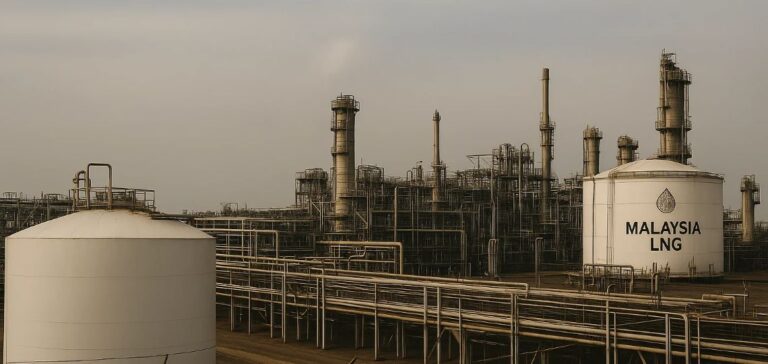HYCO1, Inc. and Malaysia LNG Sdn. Bhd. have signed a memorandum of understanding (MOU) to develop a carbon dioxide (CO2) capture and utilization project in Bintulu, located in Sarawak, Malaysia. The goal of the project is to capture 1 million tons of CO2 per year and convert it into low-emission syngas using HYCO1’s CUBE™ technology. This technology allows the replacement of natural gas with CO2 to produce syngas made up of carbon monoxide (CO) and hydrogen (H2).
Strategic partnership between HYCO1 and Malaysia LNG
The project will be supplied by Malaysia LNG (MLNG), a subsidiary of PETRONAS. This collaboration aims to reduce industrial emissions while providing a more cost-effective solution. Instead of merely capturing CO2, the project plans to transform it into valuable chemicals and fuels. The captured CO2 will be used in the CUBE™ process to produce low-carbon syngas, a less expensive alternative to syngas made solely from natural gas.
Under the agreement, MLNG will supply an annual CO2 feedstock of 1 million tons for a 20-year period, starting in 2030. This partnership exemplifies an innovative approach to large-scale decarbonization.
Joint feasibility study to assess design options
HYCO1 and MLNG will conduct a joint feasibility study to evaluate the different design options for the CO2 conversion plant. The project is expected to be operational by 2029. The study will aim to identify the most efficient solution for producing low-cost, low-emission syngas, in response to growing demand in the chemical and energy sectors.
A new approach to CO2 transformation
Unlike traditional carbon capture and sequestration (CCS) initiatives, this project distinguishes itself by aiming to convert captured CO2 into valuable products. With the CUBE™ technology, HYCO1 hopes to lower syngas production costs while contributing to decarbonization goals. The process enables the production of “blue” syngas, emission-free, at a cost lower than that of traditional “gray” syngas made from natural gas.
The project represents an innovative economic and environmental model that could have a significant impact on the global syngas production industry while contributing to the reduction of CO2 emissions.






















